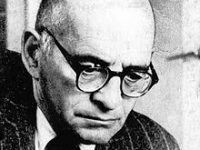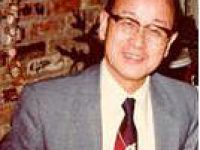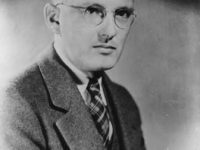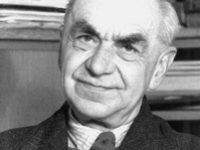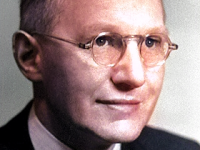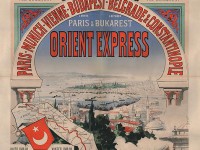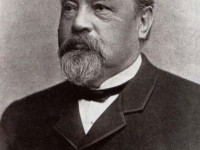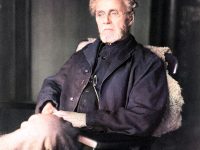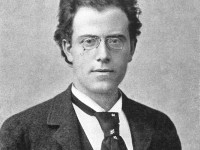The Fantastic and Visionary Worlds of Leo Perutz
On November 2, 1882, Austrian novelist and mathematician Leo Perutz was born. Perutz was a mathematician who formulated an algebraic equation which is named after him and worked as a statistician for an insurance company. He is best known as author of fantasy novels, which gained the admiration of Jorge Luis Borges, Italo Calvino, Ian Fleming, Karl Edward Wagner and Graham Greene. Early Life and Education Leo Perutz was born in Prague,…
Read more

